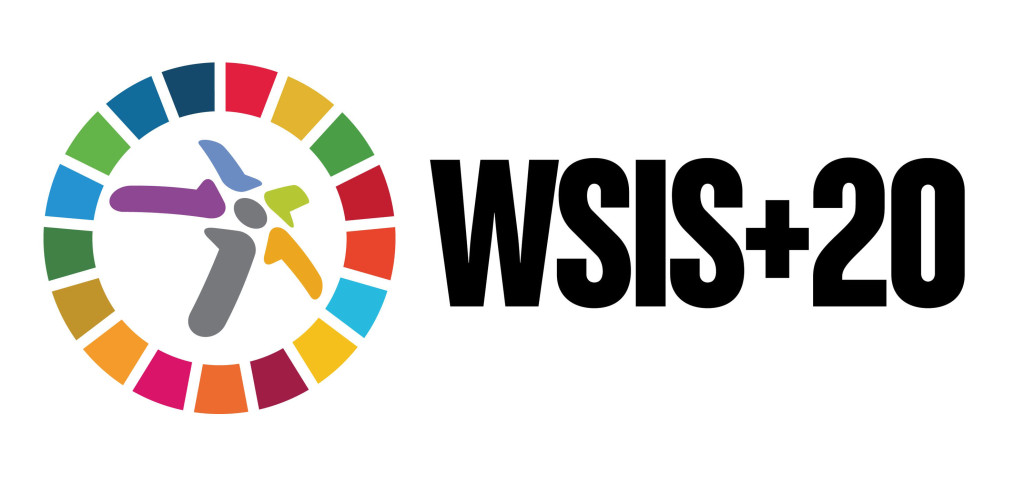World Summit Awards warns WSIS+20 risks ‘Failing the Vision’ of the knowledge society
In its submission to the WSIS+20 Zero Draft, the World Summit Awards (WSA) criticised the draft for abandoning the original WSIS vision of a knowledge society, warning that it focuses too narrowly on technology rather than people. The organisation also called for stronger recognition of power concentration in the global digital economy and its impact on democracy, governance, and fairness.

The World Summit Awards (WSA) has sharply criticised the WSIS+20 Zero Draft, arguing that it neglects the human-centred vision that guided the original World Summit on the Information Society (WSIS). In a written submission dated 30 September 2025, WSA’s global community, spanning 182 UN member states and over 900 national experts, said the draft fails to capture the transformation envisioned in the Geneva Declaration, which emphasised building a ‘knowledge society’ rather than a purely ‘information society.’
Reclaiming the knowledge society vision
WSA, a long-time civil society initiative rooted in the WSIS process since 2002, warned that the omission of the ‘knowledge society’ concept represents a ‘fatal flaw’ in the Zero Draft. Unlike an information society that centres on technology and data, WSA said a knowledge society ‘puts technologies at the service of people and communities.’
According to the submission, this approach emphasises education, culture, ethics, participatory governance, and human capacity-building, ensuring that individuals not only access information but can transform it into actionable knowledge. ‘The rapid and accelerating progress of AI makes this omission irresponsible,’ the document states, adding that WSIS+20 must refocus on human reasoning, skills, and institutional support rather than mere digital access.
A civil society legacy within WSIS
Founded during the original WSIS preparatory phase, WSA has operated for more than two decades as a volunteer-led initiative identifying innovative digital solutions aligned with the WSIS Action Lines. Since 2003, it has highlighted over 14,500 projects across 182 countries, with 1,088 global award winners demonstrating how digital transformation can drive local development.
WSA said this experience shows that a people-centred approach to digital cooperation is essential. ‘There is a need for a new format for digital cooperation that truly reflects shared responsibility in building an open, safe, and secure digital future,’ it noted.
Confronting the concentration of power
Beyond its critique of the draft’s missing human dimension, WSA’s statement delivers a strong warning about the unprecedented concentration of technological and economic power in the hands of a few global companies. It argues that this dominance ‘turns the world order on its ear,’ transferring the agency to shape humanity’s future away from democratic institutions.
‘The continuous accumulation of trillions of dollars has created a global shift in who decides the course of humankind,’ the statement reads. Governments, it adds, are “reduced to damage control,’ businesses ‘struggle to adapt,” and civil society is “invited to repair and offer band-aids.’
WSA called on WSIS+20 to directly confront this imbalance, arguing that the current draft ‘maintains illusions of a collective ‘we’ that no longer exists. ‘In reality,’ it says, ‘we are passengers on a vessel that changes its nature while we travel.’
Recommendations for a revised WSIS+20 draft
The WSA submission outlines several key revisions it believes are necessary for the process to remain credible and relevant:
- Reinsert and prioritise the knowledge society concept in the preamble and introduction of the final document.
- Focus less on universal connectivity and more on human skills, digital competence, and meaningful use of technology.
- Promote editorial accountability, responsible engineering, and privacy by design to prevent data exploitation.
- Include strong language addressing the political and economic power concentration of major technology companies and their resistance to regulation.
WSA also called for renewed emphasis on inclusion, gender equality, and innovation sharing at the community level, warning that without these, the WSIS+20 process risks becoming disconnected from the realities of global digital transformation.
People must be at the centre
In closing, WSA Chairperson Peter A. Bruck said that a truly people-centred, inclusive, and development-oriented knowledge society should be at the heart of the WSIS+20 outcome. ‘The Zero Draft must recognise that digital technologies are not just transforming societies, they are rupturing them,’ he wrote. ‘If the process ignores this, it risks failing the very vision WSIS set out to achieve.


